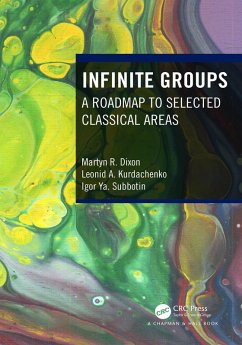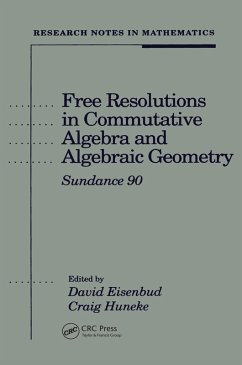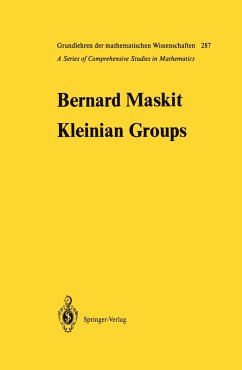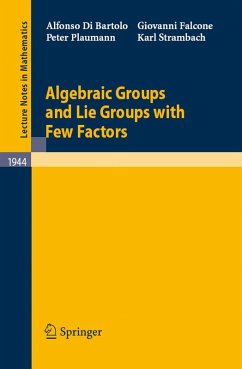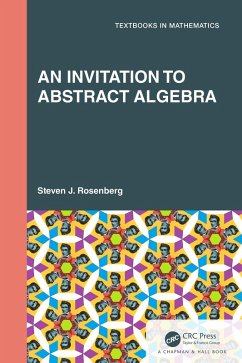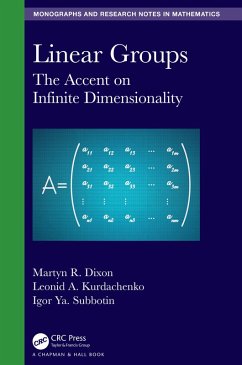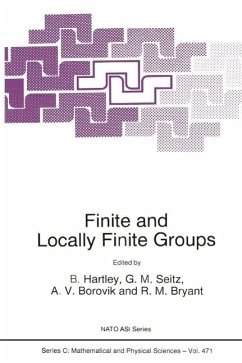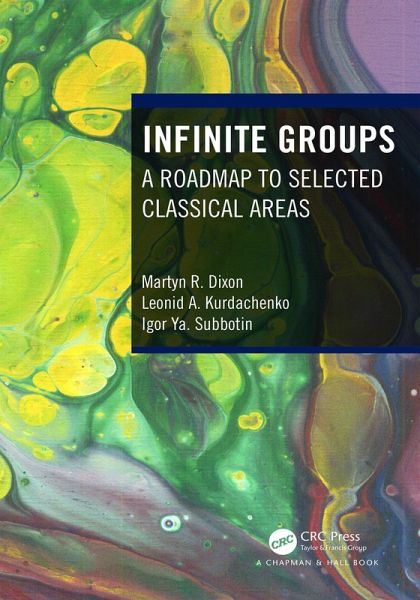
Infinite Groups (eBook, PDF)
A Roadmap to Selected Classical Areas
Versandkostenfrei!
Sofort per Download lieferbar
177,95 €
inkl. MwSt.
Weitere Ausgaben:

PAYBACK Punkte
89 °P sammeln!
In recent times, group theory has found wider applications in various fields of algebra and mathematics in general. But in order to apply this or that result, you need to know about it, and such results are often diffuse and difficult to locate, necessitating that readers construct an extended search through multiple monographs, articles, and papers. Such readers must wade through the morass of concepts and auxiliary statements that are needed to understand the desired results, while it is initially unclear which of them are really needed and which ones can be dispensed with. A further difficu...
In recent times, group theory has found wider applications in various fields of algebra and mathematics in general. But in order to apply this or that result, you need to know about it, and such results are often diffuse and difficult to locate, necessitating that readers construct an extended search through multiple monographs, articles, and papers. Such readers must wade through the morass of concepts and auxiliary statements that are needed to understand the desired results, while it is initially unclear which of them are really needed and which ones can be dispensed with. A further difficulty that one may encounter might be concerned with the form or language in which a given result is presented. For example, if someone knows the basics of group theory, but does not know the theory of representations, and a group theoretical result is formulated in the language of representation theory, then that person is faced with the problem of translating this result into the language with which they are familiar, etc.
Infinite Groups: A Roadmap to Selected Classical Areas seeks to overcome this challenge. The book covers a broad swath of the theory of infinite groups, without giving proofs, but with all the concepts and auxiliary results necessary for understanding such results. In other words, this book is an extended directory, or a guide, to some of the more established areas of infinite groups.
Features
Infinite Groups: A Roadmap to Selected Classical Areas seeks to overcome this challenge. The book covers a broad swath of the theory of infinite groups, without giving proofs, but with all the concepts and auxiliary results necessary for understanding such results. In other words, this book is an extended directory, or a guide, to some of the more established areas of infinite groups.
Features
- An excellent resource for a subject formerly lacking an accessible and in-depth reference
- Suitable for graduate students, PhD students, and researchers working in group theory
- Introduces the reader to the most important methods, ideas, approaches, and constructions in infinite group theory.
Dieser Download kann aus rechtlichen Gründen nur mit Rechnungsadresse in A, B, BG, CY, CZ, D, DK, EW, E, FIN, F, GR, HR, H, IRL, I, LT, L, LR, M, NL, PL, P, R, S, SLO, SK ausgeliefert werden.




